Search
Search Results
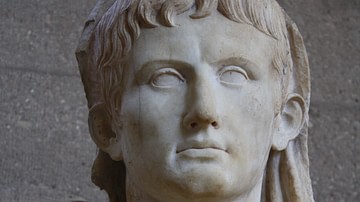
Definition
Augustus
Augustus Caesar (27 BCE - 14 CE) was the name of the first and, by most accounts, greatest Roman emperor. Augustus was born Gaius Octavius Thurinus on 23 September 63 BCE. Octavian was adopted by his great-uncle Julius Caesar in 44 BCE, and...
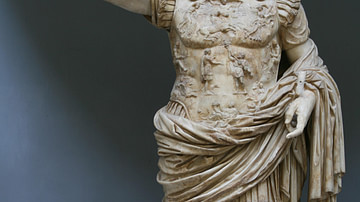
Article
Reforms of Augustus
Emperor Augustus (27 BCE – 14 CE) accomplished much during his time on the Roman throne, far more than many of his successors. According to historian Mary Beard in her book SPQR, he transformed the structures of Roman Empire, including its...

Article
The Principate of Augustus
Augustus (r. 27 BCE to 14 CE), as the adopted son and heir of Julius Caesar (100-44 BCE), brought an end to the Roman Republic, and on 16 January 27 BCE, by Senatorial decree, he became the first Roman emperor. However, he would not be addressed...
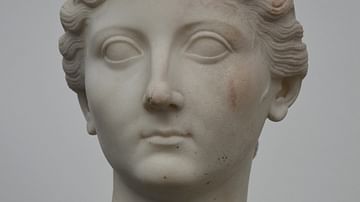
Definition
Livia Drusilla
Livia Drusilla (58 BCE - 29 CE) was the third wife of emperor Augustus of Rome, mother of emperor Tiberius, and grandmother of emperor Claudius. She was one of the great women in history who achieved prominence living in the shadow of a strong...
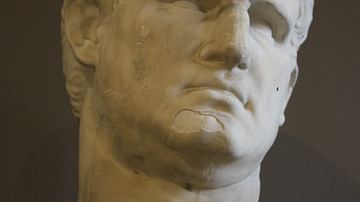
Definition
Marcus Agrippa
Marcus Vipsanius Agrippa (l. 64/62 – 12 BCE) was Augustus' (r. 27 BCE - 14 CE) most trusted and unshakably loyal general and his right-hand man in the administration of the city of Rome. Although his name is forever connected with the...

Article
Augustus' Political, Social, & Moral Reforms
Augustus is well known for being the first Emperor of Rome, but even more than that, for being a self-proclaimed “Restorer of the Republic.” He believed in ancestral values such as monogamy, chastity, and piety (virtue). Thus, he introduced...

Definition
Pax Romana
The Pax Romana (Roman Peace) was a period of relative peace and stability across the Roman Empire which lasted for over 200 years, beginning with the reign of Augustus (27 BCE - 14 CE). The aim of Augustus and his successors was to guarantee...
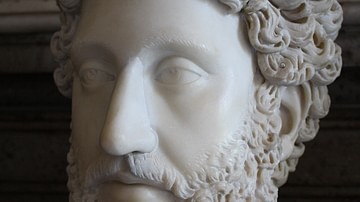
Definition
Roman Emperor
Roman emperors ruled the Roman Empire starting with Augustus in 27 BCE and continuing in the West until the late 5th century CE and in the Eastern Roman Empire up to the mid-15th century CE. The emperors took titles such as Caesar and Imperator...
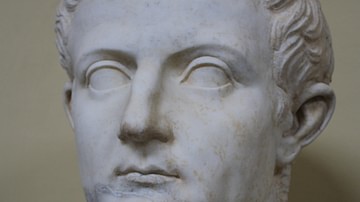
Definition
Tiberius
Tiberius was Roman emperor from 14 to 37 CE. Tiberius, the adopted son of Roman Emperor Caesar Augustus, never aspired to follow in his stepfather's footsteps — that path was chosen by his domineering mother, Livia. His 23-year reign as emperor...

Definition
Cleopatra
Cleopatra VII (l. c. 69-30 BCE, r. 51-30 BCE) was the last ruler of Egypt before it was annexed as a province of Rome. Although arguably the most famous Egyptian queen, Cleopatra was actually Greek and a member of the Ptolemaic Dynasty (323-30...